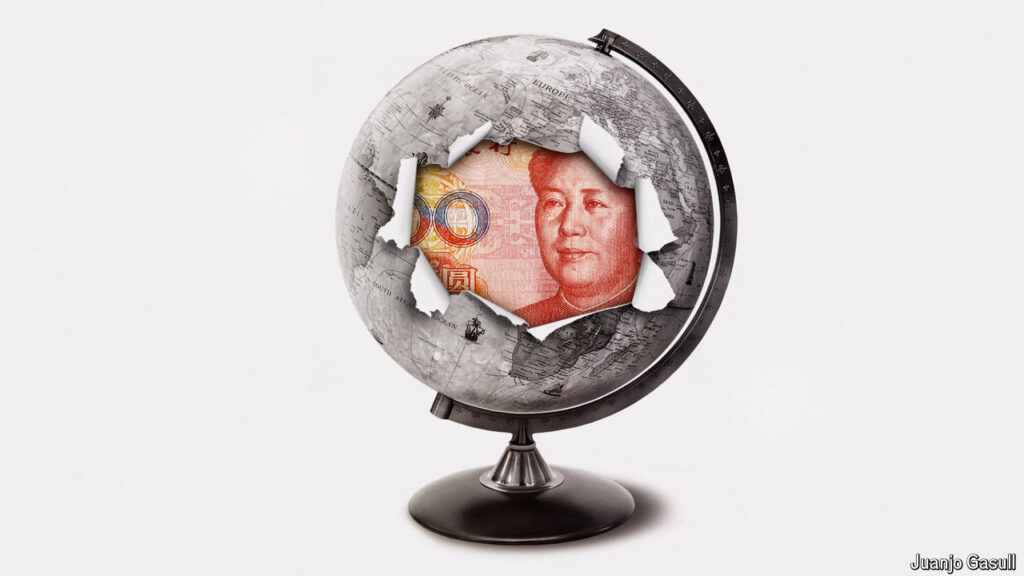Twenty years ago, Joshua Cooper Ramo, a consultant, introduced the concept of the “Beijing consensus”. He argued that the Washington consensus, which advocated for financial liberalisation, floating currencies, and openness to foreign capital, was losing its appeal. Instead, China was paving its own path to development, focusing on principles of equality, innovation, sovereignty, and national security. This alternative model seemed to resonate with many developing countries looking for a new approach.
While China’s leaders initially downplayed any intentions of exporting their state-led development model, they have become more assertive in recent years. In a speech to Communist Party officials last year, President Xi Jinping boldly stated that China’s economic model disproved the notion that modernisation equated to Westernisation. He claimed that China’s growth was offering new choices to developing countries around the world. Influential leaders in the developing world, such as Imran Khan of Pakistan, Mahathir Mohamad of Malaysia, Luiz Inácio Lula da Silva of Brazil, and Cyril Ramaphosa of South Africa, have also highlighted the advantages of certain aspects of the Chinese model.
Since Ramo’s initial articulation of the Beijing consensus, the Chinese economy has quadrupled in size in real dollar terms, solidifying the country’s diplomatic and military power on the global stage. China’s rise as a major player in the international arena has not gone unnoticed, as evidenced by its ambitious Belt and Road Initiative and growing influence in multilateral organizations.
Despite its economic success, China has faced criticism for its human rights record, treatment of ethnic minorities, and assertive actions in the South China Sea and other disputed territories. These issues have raised concerns among Western countries and human rights advocates, prompting calls for greater scrutiny of China’s actions and policies.
As China continues to expand its influence, countries around the world are grappling with the implications of the Beijing consensus. Some see it as a viable alternative to the Western-led development model, offering a path to economic growth and stability. Others view it with caution, wary of China’s growing political and economic clout and its potential impact on their own sovereignty and independence.
In recent years, the global community has witnessed a shifting balance of power, with China emerging as a key player in shaping the future of international relations. Its economic might, technological advancements, and assertive diplomacy have positioned China as a force to be reckoned with, challenging the dominance of traditional powers like the United States and Europe.
As the world navigates this new era of geopolitics, the influence of the Beijing consensus will continue to be a topic of debate and discussion. Whether it represents a viable alternative to existing development models or a threat to global stability remains to be seen. What is clear, however, is that China’s rise has reshaped the international landscape in ways that are likely to have lasting implications for countries around the world.



